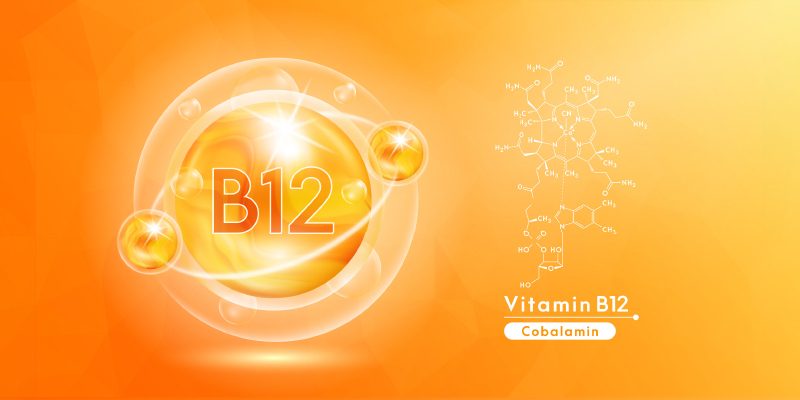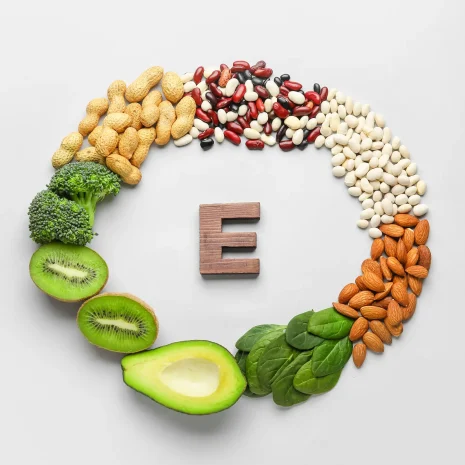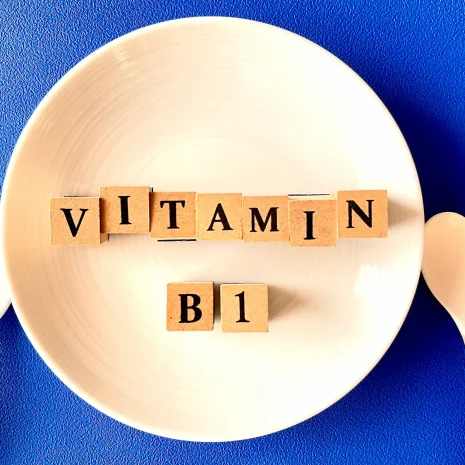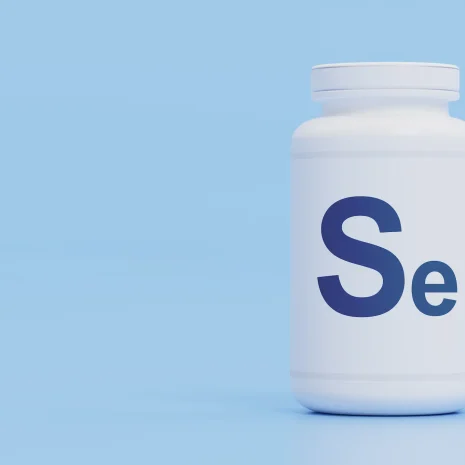Understanding Vitamin B12: Its Role and Signs of Deficiency
What is Vitamin B12?
Vitamin B12, or cobalamin, is an essential water-soluble vitamin that plays a critical role in various bodily functions, including red blood cell formation, DNA synthesis and neurological health. This vitamin is crucial for maintaining energy levels and overall well-being. In this article, we will explore the symptoms of vitamin B12 deficiency, its importance and how to ensure adequate intake in your diet.
What are the benefits of vitamin B12?
Vitamin B12 is vital for several essential processes:
- Red Blood Cell Production: B12 is necessary for the formation of red blood cells, helping to prevent anaemia.
- DNA Synthesis: This vitamin is critical for the synthesis and regulation of DNA, ensuring proper cell division and growth.
- Neurological Function: Vitamin B12 is essential for the maintenance of myelin, the protective sheath around nerves, which is crucial for effective nerve signal transmission.
- Energy Metabolism: This vitamin assists in converting food into energy, contributing to overall vitality and stamina.
Given its importance, a deficiency in vitamin B12 can lead to various health challenges, particularly affecting the blood and nervous systems.
What are the symptoms of vitamin B12 deficiency?
Deficiency in vitamin B12 can manifest in various symptoms, which may impact both physical and mental health. Common signs include:
- Fatigue and Weakness: Insufficient oxygen transport in the blood due to anaemia can result in chronic tiredness.
- Cognitive Difficulties: Deficiency may cause memory problems, difficulty concentrating and mental fog.
- Neurological Issues: Symptoms such as tingling, numbness in the hands and feet and difficulties in balance may arise due to nerve damage.
- Mood Changes: B12 deficiency has been linked to mood disorders, including depression and anxiety.
- Glossitis and Mouth Ulcers: Mouth sores and inflammation of the tongue can occur with a lack of this essential vitamin.
If you experience any of these symptoms, it is important to consult a healthcare professional for proper diagnosis and to determine the appropriate treatment.
What causes vitamin B12 deficiency?
Understanding the causes of vitamin B12 deficiency can help in prevention and treatment. Key factors include:
- Inadequate Dietary Intake: A diet lacking in animal products can result in insufficient B12 levels. This is especially common in strict vegetarians and vegans.
- Malabsorption Issues: Conditions such as pernicious anaemia, coeliac disease, Crohn’s disease and other gastrointestinal disorders can hinder the body’s ability to absorb vitamin B12.
- Medications: Certain medications, especially those used to treat acid reflux or diabetes, may affect B12 absorption.
- Age: Older adults are at a higher risk for deficiency due to decreased stomach acid production, which is necessary for the absorption of B12 from food sources.
Which foods contain vitamin B12?
To prevent deficiency, it’s essential to include vitamin B12-rich foods in your diet. Good sources of B12 include:
- Animal Products: Meat (especially liver), poultry and fish (such as salmon and tuna) are among the best sources.
- Dairy Products: Milk, yogurt and cheese are also rich in vitamin B12.
- Eggs: A convenient source of vitamin B12, particularly in the yolk.
- Fortified Foods: Some plant-based milk alternatives, breakfast cereals and nutritional yeasts are fortified with vitamin B12, making them valuable options, especially for vegans and vegetarians.
What level of vitamin B12 is normal?
The amount of vitamin B12 needed daily varies by age and biological needs. Generally, the recommended daily intake for adults is about 2.4 micrograms. It’s particularly important for pregnant and breastfeeding women to ensure adequate levels to support foetal and infant development. Because B12 is stored in the liver, it is essential to maintain a regular intake through dietary sources or supplementation as needed.
Ensuring Adequate Vitamin B12 Intake
Vitamin B12 is indispensable for maintaining various bodily functions, particularly those related to blood formation, nerve health and energy metabolism. By ensuring sufficient intake of vitamin B12-rich foods, individuals can help prevent deficiency and its associated health risks. If you suspect you have a deficiency or are at risk, consulting with a healthcare professional is crucial for personalised advice and potential B12 supplementation.
While multivitamins can offer valuable support for overall health, it is essential to recognize that a balanced diet should remain the cornerstone of nutritional well-being. Multivitamins are intended to be a complementary measure and should not be considered a substitute for a diverse and nutritious food intake.
Note: It is strongly advised that individuals consult a healthcare professional prior to initiating any supplement, particularly if they have existing health conditions, are taking prescribed medications, or are pregnant.








